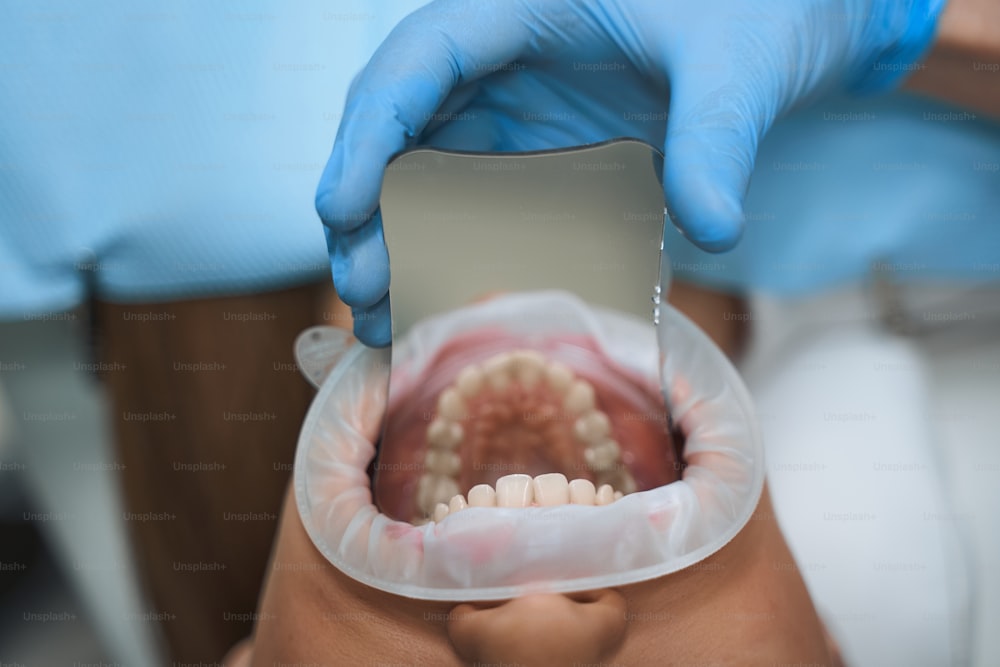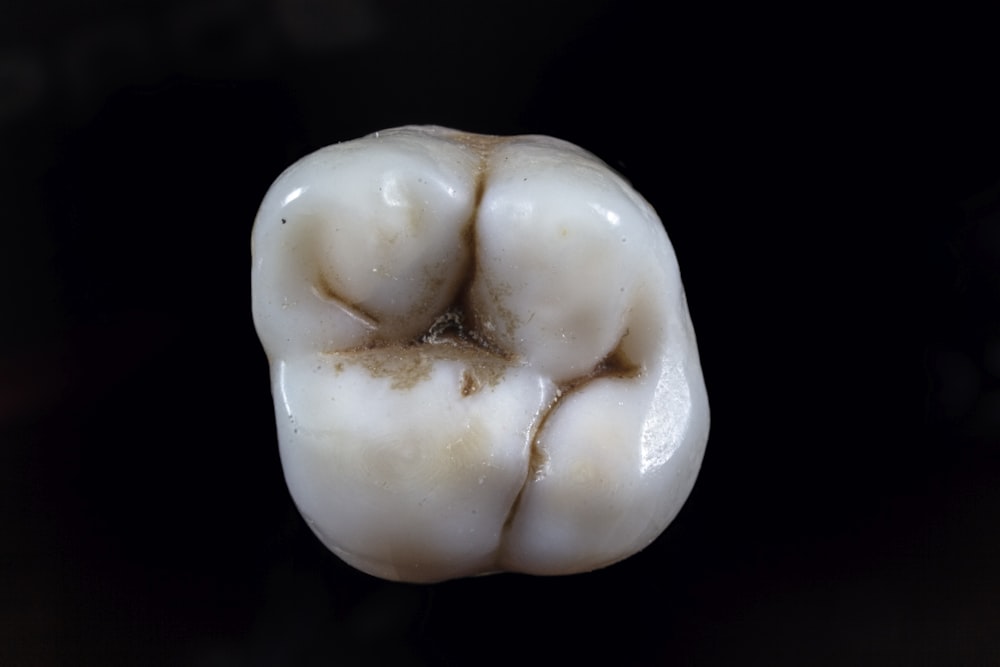Dental Implant Galena OH - Dentist Johnstown Ohio
Dental Implant Galena OH - Dentist Johnstown Ohio
Blog Article
Dental Implant Sunbury OH - Get Your FREE Dental Implant Consultation NOW!
When determining what kind of anesthesia is used for dental implants, it becomes important to explore various choices available to sufferers. The choice of anesthesia can considerably influence the consolation of the procedure, the overall experience, and the velocity of recovery. Dental Implant Sunbury OH.
Local anesthesia is the most commonly used kind for dental implant surgical procedures. In this method, an anesthetic agent is injected close to the surgical site. Local anesthesia effectively numbs the targeted area, allowing the oral surgeon or dentist to carry out the process with minimal pain to the patient. It is helpful as a result of patients remain totally awake and aware throughout the method, fostering a sense of control.
Dental Implant Alexandria OH - Dental Implant Services in Ohio
Sedation dentistry presents another strategy for people who could really feel anxious concerning the procedure. Sedation can range from mild to deep, permitting patients to relax while their implants are placed. Different levels of sedation could be achieved by way of oral sedatives, nitrous oxide, or intravenous strategies. The stage of relaxation can be tailored to the specific needs or nervousness levels of the patient.
Nitrous oxide, commonly generally recognized as laughing gasoline, is a well-liked alternative for dental procedures, together with implants. This type of sedation works rapidly, permitting sufferers to really feel relaxed and euphoric. Administration is convenient, because the gas is inhaled through a mask placed over the nose. Patients can usually resume regular activities shortly after the procedure, making nitrous oxide a favorite amongst each dentists and sufferers.
Another possibility is oral sedation. This method includes taking a prescribed sedative earlier than the appointment. Patients often feel sleepy and fewer aware of their environment whereas still with the power to communicate with their dental team if needed. While oral sedation is efficient, its onset and duration can vary from person to person, so dentists must evaluate particular person needs rigorously.
Intravenous (IV) sedation presents deeper ranges of sedation, perfect for longer or more complicated procedures. This method allows for speedy adjustment of sedation levels, as the anesthetic is run instantly into the bloodstream. Patients on this state may feel extremely relaxed and might not remember the procedure afterward. IV sedation typically requires a more in depth recovery period in comparison with local anesthesia alone.
Dental Implant New Albany OH - Dental Services
General anesthesia, although generally reserved for more invasive surgical procedures, can additionally be thought-about for dental implants in specific conditions. This kind of anesthesia induces a state of full unconsciousness, requiring close monitoring by an anesthesiologist. General anesthesia is suitable for sufferers with extreme nervousness, those who have difficulty sitting still for lengthy durations, or when a number of procedures are performed simultaneously.
The number of anesthesia may additionally depend upon the affected person's medical historical past and any underlying health conditions. Some illnesses could improve the risk of issues throughout anesthesia. Detailed discussions between the patient and the dental team can result in a customized anesthetic plan that ensures safety while enhancing comfort.
Many sufferers categorical concern regarding the side effects related to anesthesia. While unwanted effects can differ based on the kind used, most native anesthetics present minimal risks. Common issues embrace momentary numbness and swelling close to the injection website. For those who go for sedation, unwanted effects may embody drowsiness, dizziness, or nausea.
Recovery time also performs a role in the alternative of anesthesia. Local anesthesia typically allows for a quicker recovery, enabling patients to resume regular activities within hours. Sedation strategies may require extra time for the medicine to put on off, necessitating arrangements for transportation post-procedure.
Dental Implant New Albany OH - Dental Care

The importance of communication between the affected person and the dental practitioner can't be overstated. Sharing concerns and preferences allows for a tailored anesthetic method. A thorough analysis helps to identify probably the most applicable sort of anesthesia to make sure both comfort and effectiveness in the course of the dental implant process.
In addition to comfort and security, the general success of dental implants can additionally be influenced by the choice of anesthesia (Dental Implant Granville OH). The results of anxiety on the physique can complicate surgical procedures and lengthen recovery occasions. Therefore, a proper anesthetic plan performs an important role in not solely immediate consolation but in addition the long-term success of the dental implants.
Dental Implant New Albany OH - Best Dental Implants near Ohio
Patients ought to be prepared to debate their medical historical past, nervousness ranges, and personal preferences when consulting a dentist for dental implants. This open dialogue permits the practitioner to create an anesthetic strategy that suits the person while making certain the process runs smoothly and successfully.

The quest for a pain-free dental implant process could be daunting for many. The varying types of anesthesia create options that may match particular person needs, lifestyles, and luxury ranges. The right choice of anesthesia can flip a doubtlessly annoying dental go to right into a extra manageable expertise.
Dental Implant Hartford OH - Dental Implants Ohio
In conclusion, understanding what type of anesthesia is used for dental implants is essential for patients preparing for the procedure. From native to general anesthesia, each methodology has its advantages and concerns. With quite so much of choices available, patients can work closely with their dental group to discover out one of the best approach, enhancing not only comfort but also the probability of a successful consequence. Ultimately, the number of anesthesia immediately impacts each the experience in the course of the procedure and the overall satisfaction with dental implants.
- Local anesthesia is predominantly used for dental implants, providing focused numbing to the surgical site whereas permitting the patient to stay totally conscious.
- Common native anesthetics include lidocaine, articaine, and mepivacaine, each chosen for his or her effectiveness and duration of action.
- Sedation dentistry may also be employed for patients with nervousness, usually using reasonable sedation techniques like nitrous oxide or oral sedatives.
- General anesthesia may be an option for advanced cases or in sufferers with extreme anxiousness or special needs, guaranteeing a completely unconscious state.
- The alternative of anesthesia is determined by the patient's medical historical past, stage of hysteria, and complexity of the implant process.
- During the procedure, monitoring of important indicators ensures the patient's safety and luxury ranges are maintained.
- Post-surgery, sufferers are often given instructions relating to pain management, which can embody over-the-counter pain relievers alongside suggested dosages of local anesthesia.
- The use of anesthetic agents can differ primarily based on individual responses, necessitating a tailored approach from the dental professional.
- Some dental practices might provide virtual actuality or distraction methods to assist sufferers manage nervousness alongside anesthesia choices.undefinedWhat type of anesthesia is used for dental implants?
What is the commonest sort of anesthesia used for dental implants?undefinedThe commonest type of anesthesia for dental implants is native anesthesia, specifically lidocaine. This numbs the surgical area to attenuate pain through the procedure.
Can I request sedation for my go to my blog dental implant surgery?undefinedYes, many dentists provide sedation choices, similar to oral sedation or nitrous oxide, for sufferers who really feel anxious or choose a extra relaxed experience during dental implant surgery.
Dental Implant Centerburg OH - Dental Implant Placement

Will I be awake through the dental implant procedure?undefinedIf native anesthesia is used, you will be awake but numb in the remedy space. If sedation is chosen, you might be in a lightweight sleep and never fully aware of the procedure.
How long does the anesthesia final through the procedure?undefinedThe results of native anesthesia typically final for 1 to three hours, relying on the particular treatment used. However, the length can vary based mostly on particular person elements.
Dental Implant Condit OH - Dental Hygienist near Ohio

Are there any side Johnstown Dental effects of dental anesthesia?undefinedPossible side effects can embrace momentary numbness, swelling, bruising, and, in rare instances, allergic reactions. It's important to debate any concerns along with your dentist beforehand.
Can I eat or drink after receiving anesthesia for my dental implant?undefinedIt's finest to avoid consuming or drinking till the numbness has completely worn off to stop biting your tongue or cheek. Follow your dentist’s particular post-operative instructions for the most effective outcomes.
How is anesthesia administered for dental implants?undefinedLocal anesthesia is typically administered through a small injection directly into the gum tissue. Sedation choices could involve inhalation or oral treatment that can help you loosen up earlier than the procedure.
Dental Implant Alexandria OH - Dentist near Ohio
Do I want someone to drive me house after the procedure?undefinedIf you’ve obtained sedation, it’s recommended to have someone drive you house, as you might really feel groggy or disoriented. Local anesthesia alone normally doesn't require help.
What if I actually have a fear of needles?undefinedIf you've a worry of needles, talk about this along with your dentist. They can present strategies to help ease your nervousness, similar to utilizing topical numbing agents earlier than the injection.
Report this page